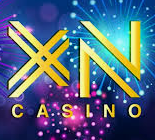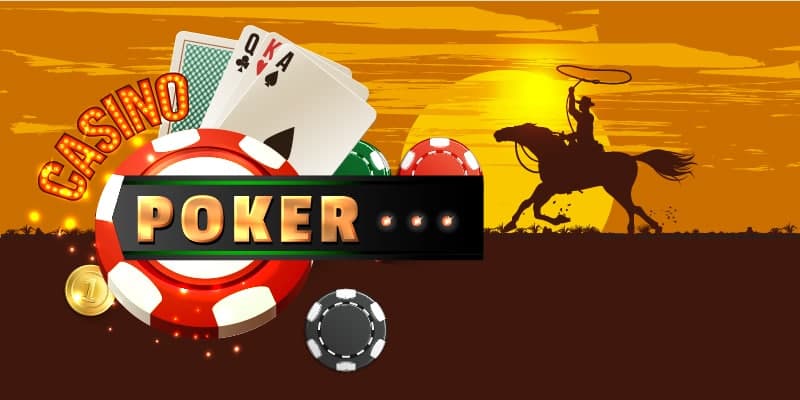Table of Contents
A Quick Introduction to Three-Card Poker
Three-card poker is a fast-paced and widely enjoyed table game found in most casinos. Although several players may sit at the same table, keep in mind—each individual is only competing against the dealer, not one another.
What makes this game especially appealing is the potential for generous payouts and its easy-to-learn format. Whether you’re an experienced player or a curious newcomer, you can even test the waters with free 3-card poker versions available online.
If you’re interested in trying something else, consider playing free online blackjack to diversify your card game experience.
How to Play 3-Card Poker
The game starts with players placing either an Ante bet, a Pair Plus bet, or both. Each participant and the dealer receive three cards face down. Remember, you’re only trying to beat the dealer—not the other players.
Once you’ve looked at your hand, you must decide whether to fold or place a Play bet equal to your Ante. The basic strategy recommends continuing only if your hand is Queen-6-4 or better. Weaker hands should typically be folded.
-
If you fold, the round ends, and the dealer collects your Ante.
-
If you play, your cards are revealed along with the dealer’s to determine the winner.
Dealer Qualification
-
If the dealer’s hand is Jack-high or lower, your Ante and Play bets are returned—a push.
-
If the dealer has Queen-high or better, your hand is compared directly:
-
If you win, both bets are paid 1:1.
-
If the dealer wins, both bets are lost.
-
The Pair Plus wager, if placed, is resolved independently of whether you beat the dealer.
3-Card Poker Payouts
Payouts can vary depending on the casino, but the following are typical Pair Plus payout rates in U.S. casinos:
| Hand Type | Payout |
|---|---|
| Pair | 1 to 1 |
| Flush | 3 to 1 (or 4:1) |
| Straight | 6 to 1 (or 5:1) |
| Three of a Kind | 30 to 1 (or 25:1) |
| Straight Flush | 40 to 1 |
Some casinos also offer Ante Bonus payouts for strong hands, and these bonuses don’t require a separate wager. Here’s a common Ante Bonus structure:
| Hand Type | Payout |
|---|---|
| Straight | 1 to 1 |
| Three of a Kind | 4 to 1 (varies) |
| Straight Flush | 5 to 1 (varies) |
Payout structures can differ by region and venue, so always check the table rules.
Betting Requirements
Each table will have its own minimum and maximum betting limits, but here’s a basic example:
If the table minimum is $5, then a complete hand (Ante + Play) will cost $10 if you choose to play your hand.
-
Both the Ante and Play bets must be equal in value.
-
Pair Plus wagers are optional and can be of a different amount, as long as they fall within the table limits.
Basic Strategy Tips
For the best odds, stick to the standard strategy: Play hands of Queen-6-4 or higher, and fold anything worse.
-
The house edge on the Ante and Play bets combined is usually around 2%, making it a fairly player-friendly game.
-
For the Pair Plus side bet, the house edge can vary significantly:
-
In the U.S., it can be around 7.28%
-
In European casinos, it may be closer to 2.7%, depending on payout structure
-
Want to dive deeper into other poker-style games?
📘 Read more: Get to Know Ultimate Texas Hold’em in 3 Minutes

